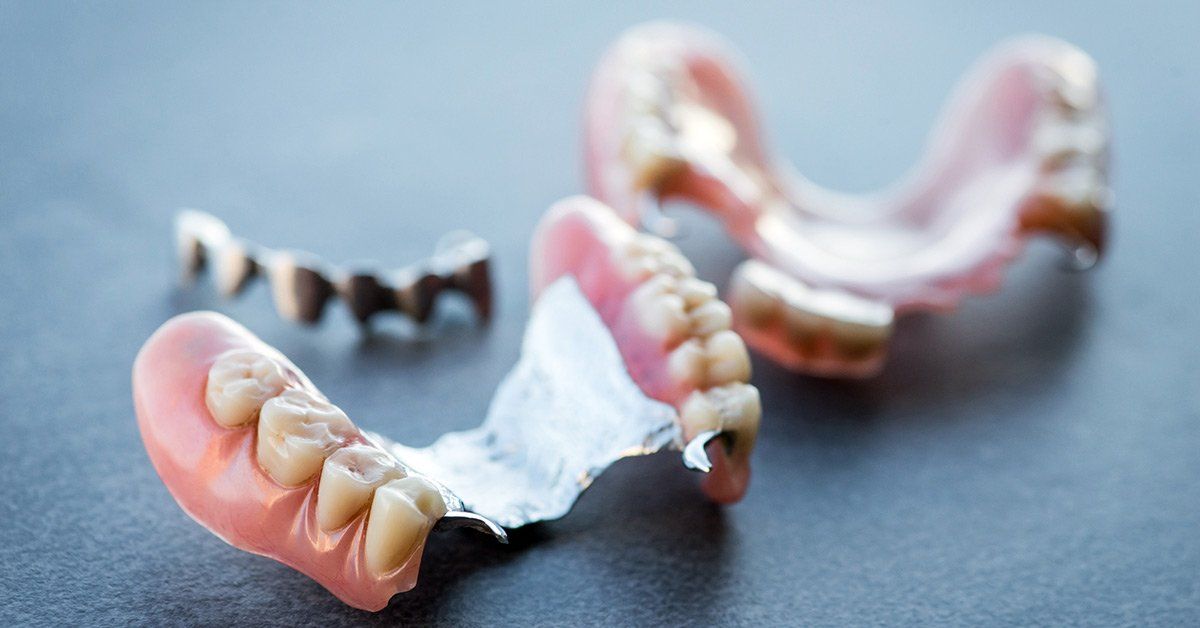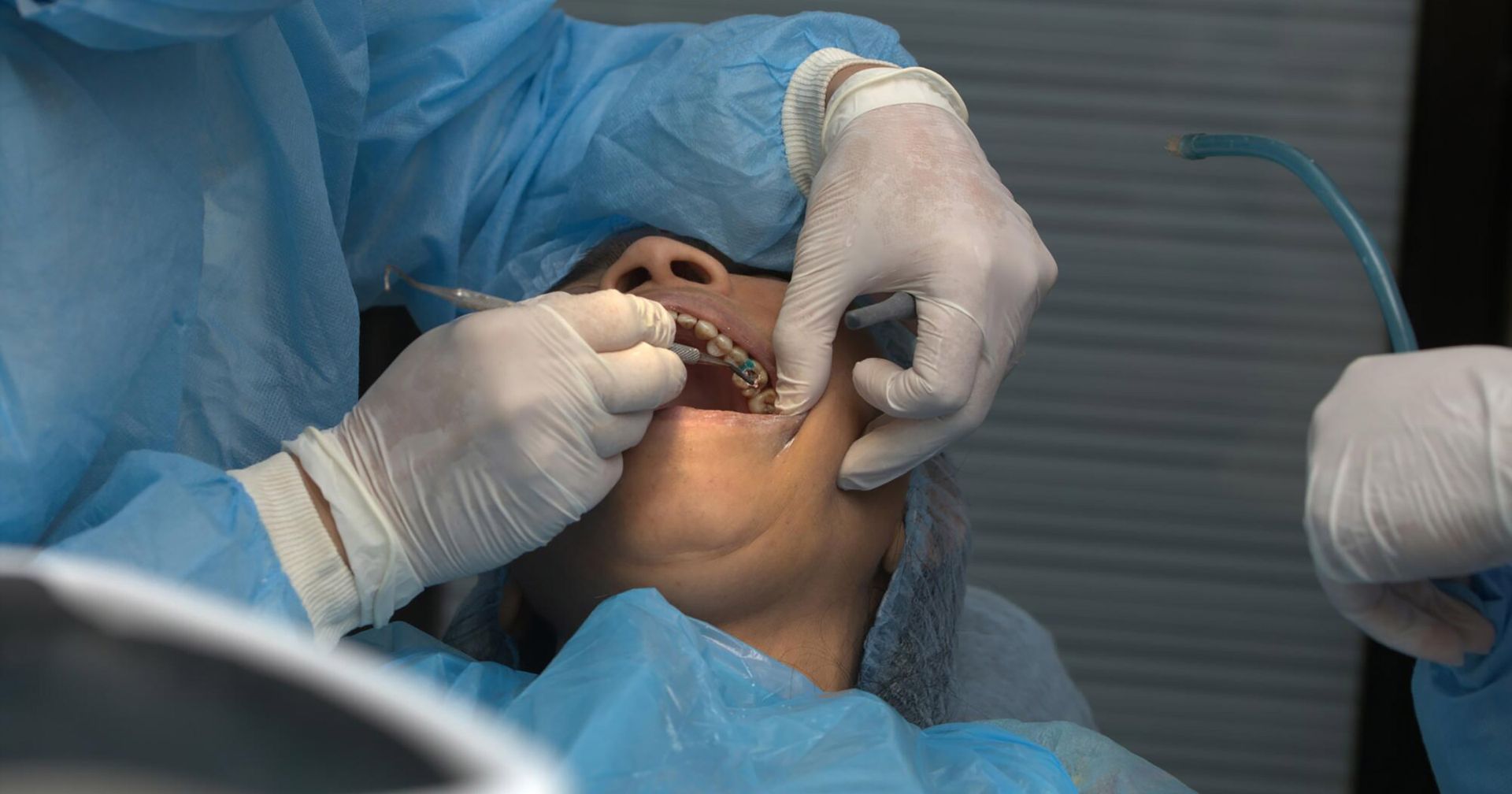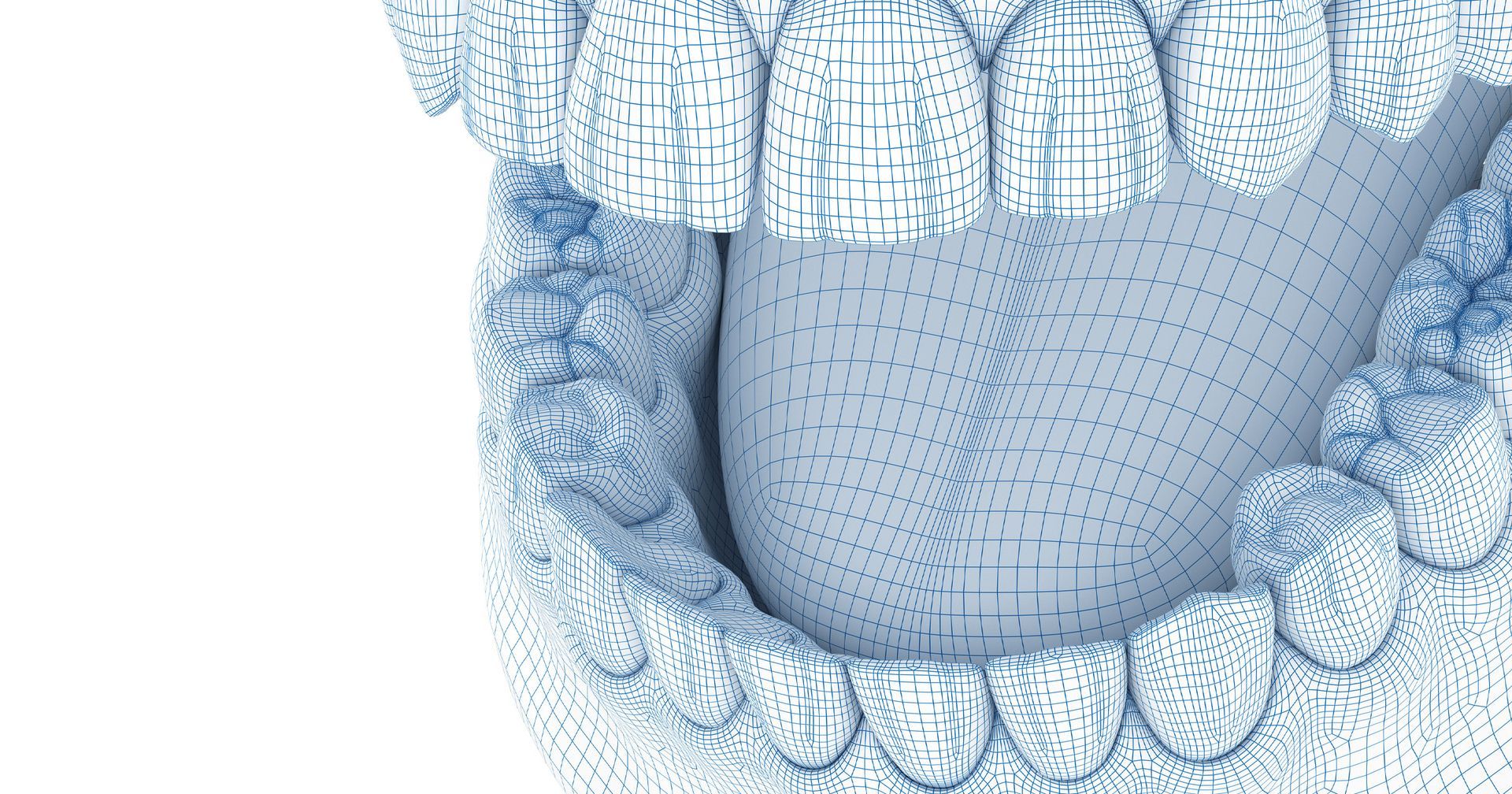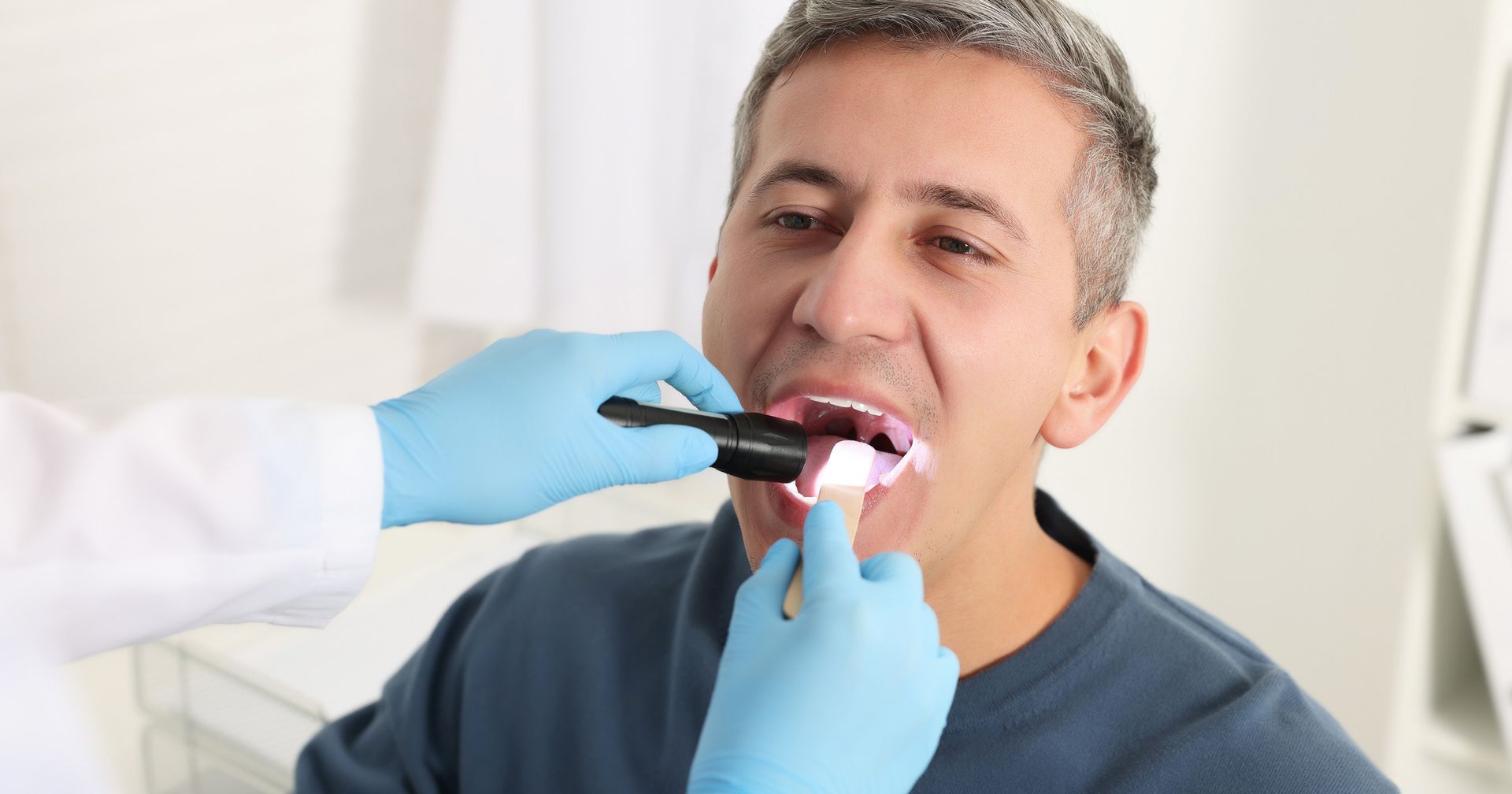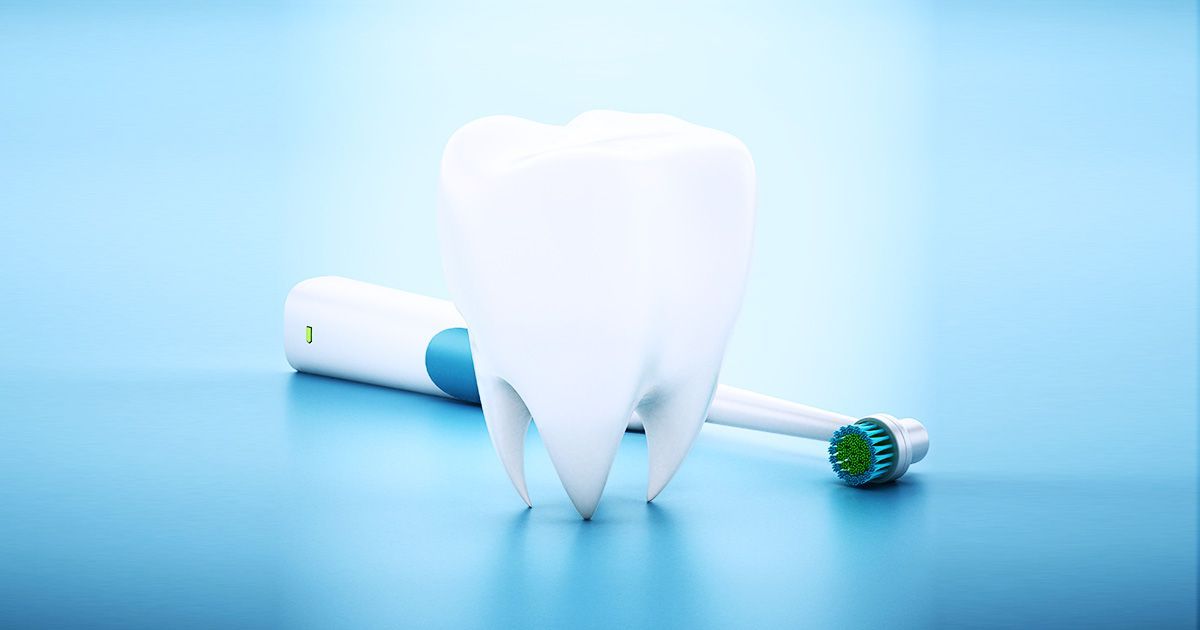Complete and Partial Dentures: What You Need to Know
When it comes to complete and partial dentures, here's what you should know. Learn more about complete and partial dentures today!
A smile is a universal way to communicate. Flashing your pearly whites can convey how you're feeling to anyone, without ever having to speak a word.
However, as we get older, tooth loss becomes more common. In fact, around 27% of adults over the age of 65 have lost all of their teeth.
While tooth loss is common, it can leave people feeling self-conscious and more hesitant to smile.
Fortunately, dentures can help restore your confidence. And, they can make it easier to eat and talk, by serving as a replacement for the teeth you've lost.
If you're wondering if they are right for you, we're here to help! Keep reading to learn about the different types available, what to expect during the process of getting them, and who is a good candidate for them.
What Are Dentures?
Simply put, they are prosthetics designed to replace teeth that have been lost. Depending on your situation, you can get them whether you're missing some of your teeth or all of your teeth.
Some options are removable, while others are fixed securely in your mouth, removable only by a dentist.
When deciding if fake teeth are the right choice for you, your dentist can help you decide if you need a removable or fixed option.
Complete Dentures vs Partial Dentures
As we briefly mentioned above, you might need dentures whether you've lost all of your teeth or only a few of them. Depending on your needs, you'll have the option between complete and partial ones.
What Are Complete Dentures?
Complete dentures are used when you've lost all of your teeth. You can choose from two complete options: immediate or conventional.
As the name suggests, immediate dentures are put into place as soon as your teeth are removed. This means you won't have to go without teeth and you can instantly start enjoying the benefits of your new chompers.
Conventional dentures, on the other hand, are made after your teeth are removed. Before you can start using them, you'll have to allow your gum tissue to heal first.
This can take between 2 and 3 months, on average, so you'll be without teeth during that time.
If you don't want to go without teeth, choosing immediate dentures is your best bet. However, keep in mind that your gums and the bones in your mouth change shape during the healing process.
As a result, you'll likely have to get your immediate dentures refitted a few times. With conventional ones, you won't have to worry about having them adjusted since they're not placed until your gums have already healed.
What Are Partial Dentures?
Partial dentures are what you'll need if you've only lost a few teeth. Also called a bridge, this is a single replacement tooth that's placed into your gums.
Some partial ones are removable, while fixed ones attach to your gums by placing crowns on the teeth that are on either side of the replacement tooth.
If you still have most of your natural teeth, partial dentures are the best solution for your needs. Not only does a partial option replace your lost tooth, but it helps keep your natural teeth in place by preventing them from moving positions.
The Process of Getting Dentures
Whether you need complete or partial dentures, the process can feel a bit overwhelming. Hopefully, knowing what to expect will help alleviate any dental anxiety you may have.
Regardless of which type you need, the general process goes as follows:
- Your dentist will measure your mouth
- They'll take an impression of your mouth
- Once your dentures are ready, you'll try them out
- Adjustments will be made until your dentures are comfortable
It's important that your new teeth are comfortable and not causing you any pain. If you experience any discomfort, even after the initial adjustment period, tell your dentist so they can do further adjustments.
What to Expect After Getting Dentures
Once you've gotten your complete or partial dentures placed in your mouth, it's normal for them to feel a little strange at first.
After a week or two, the muscles in your mouth will adjust in order to keep the teeth in place, and then they'll start to feel more natural.
You also might notice you're producing more saliva initially, but that will also go away once you get used to them.
Eating With Dentures
Our patients often ask us about what it will be like to eat with their new teeth. Don't worry, you'll still be able to enjoy your favorite foods!
However, initially, you'll want to eat slowly and chew only small bites. You might also want to start with softer foods, to make it easier for you to get used to your new teeth.
Once you feel more comfortable with your new teeth, you can eat all of your normal foods, but you should try to avoid sticky treats.
Who Is a Good Candidate for Dentures?
So, how do you know if you need dentures?
While good oral hygiene can help prevent tooth loss, as you get older, you're more susceptible to losing your teeth. However, even younger adults are at risk of tooth loss if they suffer from periodontitis.
If you've lost even just one tooth, it's worth considering a bridge to replace it. Once you've lost several teeth, then you'll want to consider getting complete dentures to make it easier for you to eat and talk.
You don't have to live with tooth loss, thanks to the convenience of dentures.
Let Us Take Care of Your Smile
Now that you've learned all about the ins and outs of dentures, you can make an informed decision about which type you need.
Dental Arts of Bedford in Bedford, NH, proudly offers both complete and partial denture services to help you have the best smile possible.
Make an appointment today to learn more about how we can help your smile.
